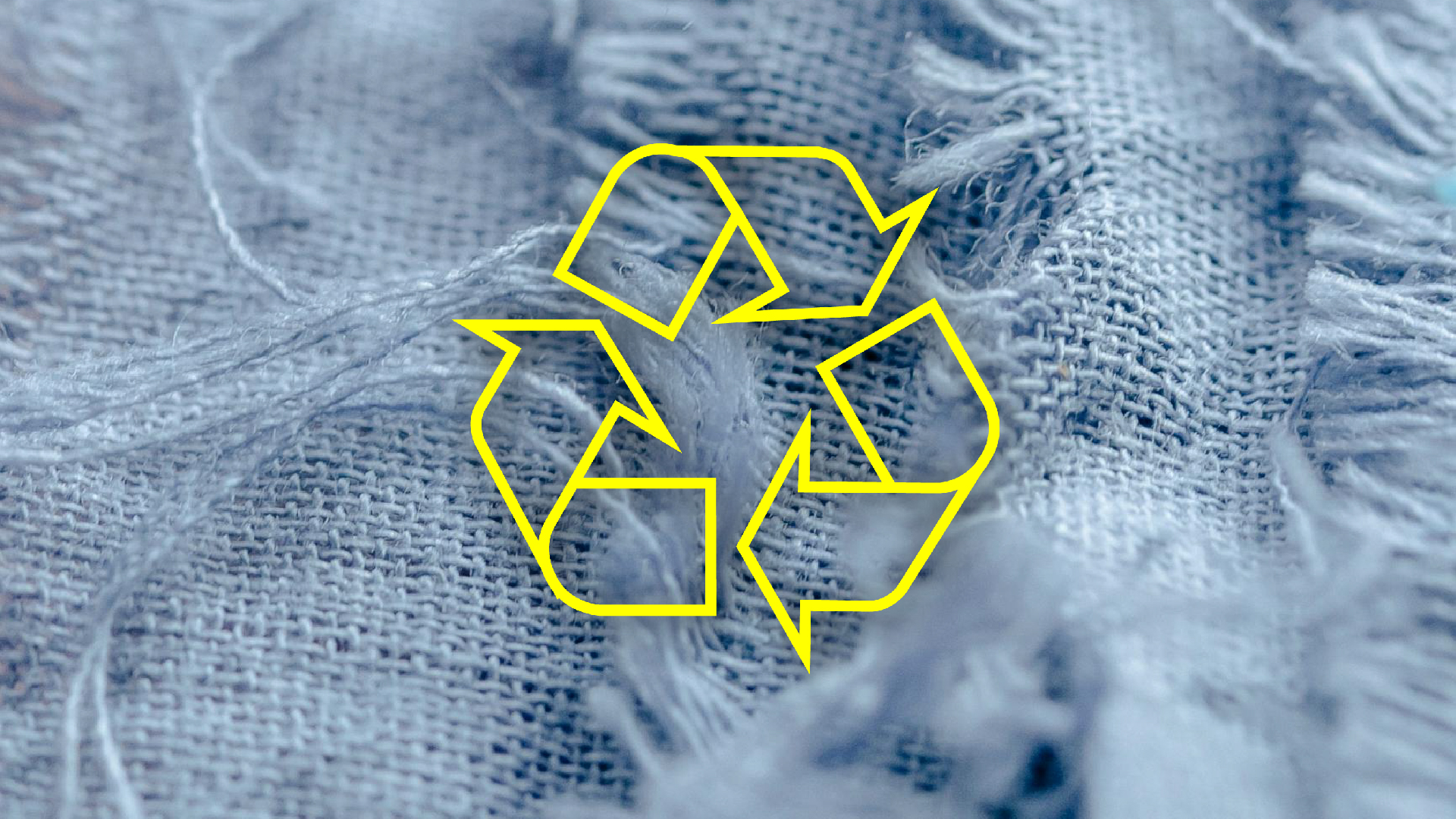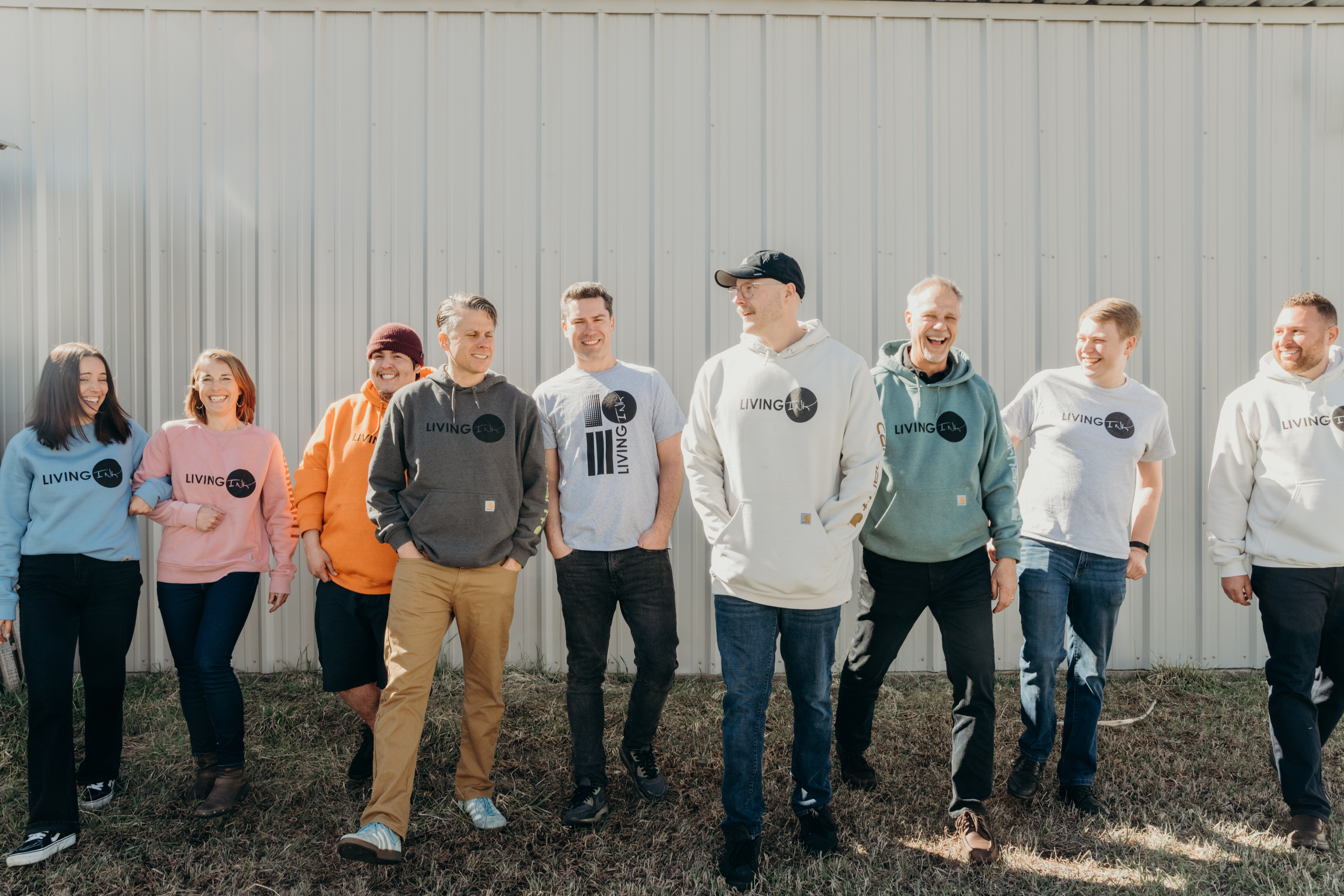Fashion for Good invites Tamicare Ltd to its Scaling Programme
20 July 2017
AMSTERDAM– Fashion for Good, a global initiative to make all fashion good, and Tamicare Ltd, a UK based company specialised in innovative 3D textile printing, jointly announce today an exciting collaboration through Fashion for Good’s Scaling Programme. Tamicare and Fashion for Good will work together to promote the use of Tamicare’ s breakthrough Cosyflex® — the world’s first technology developed to mass produce 3D printed finished textile products — within the apparel and footwear sector. By combining this technology with Fashion for Good’s expertise and network, the partnership demonstrates a shared commitment to fast-tracking sustainable innovation within the apparel supply chain.
Fashion for Good, an initiative launched with an initial grant by founding partner C&A Foundation, convenes brands, producers, retailers, suppliers, non-profit organisations, innovators and funders, united in their shared ambition to reimagine the way fashion is designed, made, worn and reused. With a focus on sustainability and redesigning the global supply chain, Fashion for Good hand-selected Tamicare from an extensive list of innovators. As a Scaling Programme participant, Tamicare gains access to a network of technologists, scientists and industry experts, enabling it to accelerate and expand the adoption of Cosyflex® technology.
Tamar Giloh, Tamicare CEO, comments: “We are excited about the opportunity to work together with Fashion for Good. Tamicare being selected for the Scaling Programme is a great compliment and we are fully committed to working together with Fashion for Good toward important goals while leveraging our Cosyflex® technology for the sake of a good fashion industry.”
Cosyflex®, Tamicare’s 3D printing technology, uses additive manufacturing techniques to apply layers of raw materials (e.g. cotton) and water based polymers to create finished textile products. This ground-breaking mass production technology allows manufacturers to eliminate the wasteful and chemically hazardous processes of dyeing and cut-make-trim, shortening the supply chain with a sustainable and eco-friendly solution.
Ehud Giloh, Tamicare CTO and the mastermind behind Cosyflex® technology, adds: “It is surprising to see how this young technology continuously teaches us what it can do, and we are delighted to work with partners that have the vision and the patience to change the world for good.”
About Tamicare Ltd
Tamicare is a leading R&D, innovation and engineering company in the field of textile and nonwoven materials. The privately owned company was founded in 2001 with the aim of improving quality of life for many millions of people around the globe. Tamicare has invested over a decade in the research and development of a proven proprietary breakthrough textile technology. Today, Tamicare’s flagship product, Cosyflex®, is the world’s first-ever technology developed to 3D print finished textile products.
A radical departure from traditional textile manufacturing techniques and using a unique additive manufacturing method, Cosyflex® technology opens up an entirely new world of opportunities for bold innovations in the fashion, medical hygiene, cosmetics, sportswear and other arenas.
For more information, please visit: http://www.tamicare.com/.
Other Articles

In conversation with Smartex: Explore Smartex’s AI-driven solutions transforming quality control and reducing waste

Fashion for Good and Textile Exchange Team Up to Trace Textile Waste

